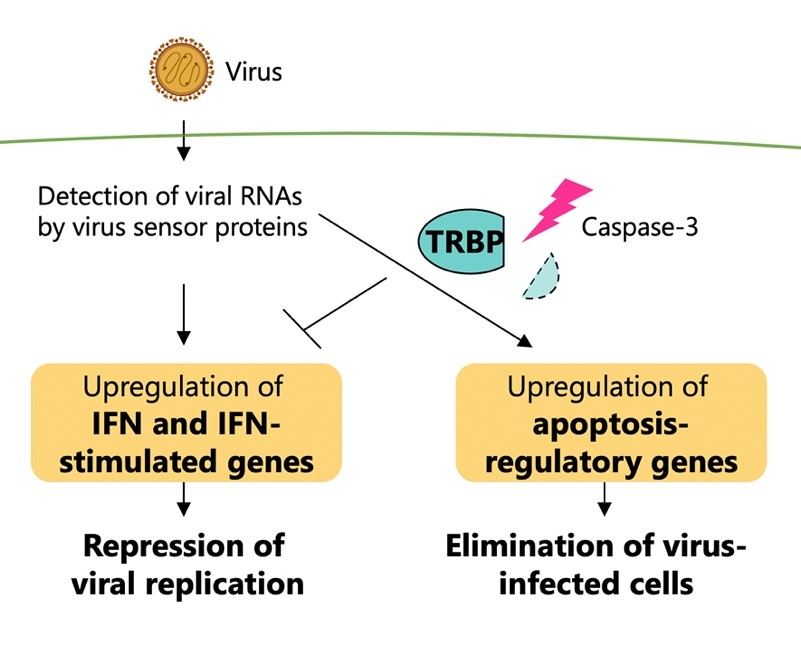Smart analysis of football-related data can help the Scottish game build back better from the pandemic, a study suggests.

By scrutinising a range of digital information, clubs can build a clearer understanding of who their followers are, what they want and how best to engage with them.
Football clubs that already harness data to improve on-field performance need to adopt a similar approach off the pitch, the research suggests.
The study, led by the University of Edinburgh in tandem with four clubs – Aberdeen, Hearts, Hibs and Motherwell – has helped build a clearer picture of fan engagement as the domestic game rebuilds.
It also provides insights into how fans – particularly those living overseas – engaged with the Scotland men’s team during this summer’s European Football Championships.
Social reach
The study confirms football’s unmatched social reach. It shows 36 per cent of the four clubs’ season ticket holders lived in the most deprived, or second most deprived, postcode districts.
“Football, for all its flaws, has been an anchor of support in Scotland’s areas of multiple deprivation,” says lead researcher Professor Grant Jarvie.
“We should not forget the power of sport as a force for good and, in Scotland, football is by far the most popular vehicle for this,” he says.
At the same time, researchers in the University’s School of Education and Sport and its Bayes Centre for data-driven innovation urge clubs to widen the game’s appeal.
Scottish football is more heavily dependent upon gate receipts – 48 per cent of income – than any other country in Europe.
Changing habits
Clubs need to cater more for fans who want to consume football, but not necessarily inside the stadium on match day, the report claims.
Covid 19 exposed frailties in all areas of public life, says Professor Jarvie, and sport was no exception. Match-going habit were broken, clubs worried about fan engagement, lost revenue and ticket sales.
The pandemic has not gone but it has created a set of circumstances that has forced Scottish football to reflect about what its priorities are.
“Just as the use of data has informed Covid decision making, it can help secure a better future for football, which offers wider financial, economic and political benefits,” says Professor Jarvie.
Flexible approach
Clubs need to remain flexible, innovative and responsive if they are to minimise the risks associated with an over-dependency on a specific income stream such as gate receipts.
Building and sustaining relationships with fans of the men’s and women’s game should not just occur in the stadium, around match day, or only during the playing season.
Opportunities exist to grow meaningful conversations with, and extend the football family, through social media and digital platforms 24 hours a day and 52 weeks a year.
“Scottish football needs to take advantage of key influencers and social networks to stay relevant, while understanding that these are fluid.,” says Professor Jarvie.
“Capitalising on this is an ongoing work, which can significantly boost the Scottish game’s profile – not just at home but overseas, where our clubs and the national teams have considerable reach.”
Data conference
Professor Jarvie presented his findings at The Scotsman Data Conference 2021 – a joint venture between The Scotsman newspaper and the University’s Data-Driven Innovation (DDI) initiative.
DDI is a cluster of innovation hubs that brings academic disciplines together to delve into some of society’s most pressing challenges.
The Scotsman conference, which took place on 30 September, brought together experts from a range of disciplines and was built around four main themes.
Delegates considered data and climate change; data and future pandemics; data and tourism and economic recovery; and data and social/financial inclusion.








